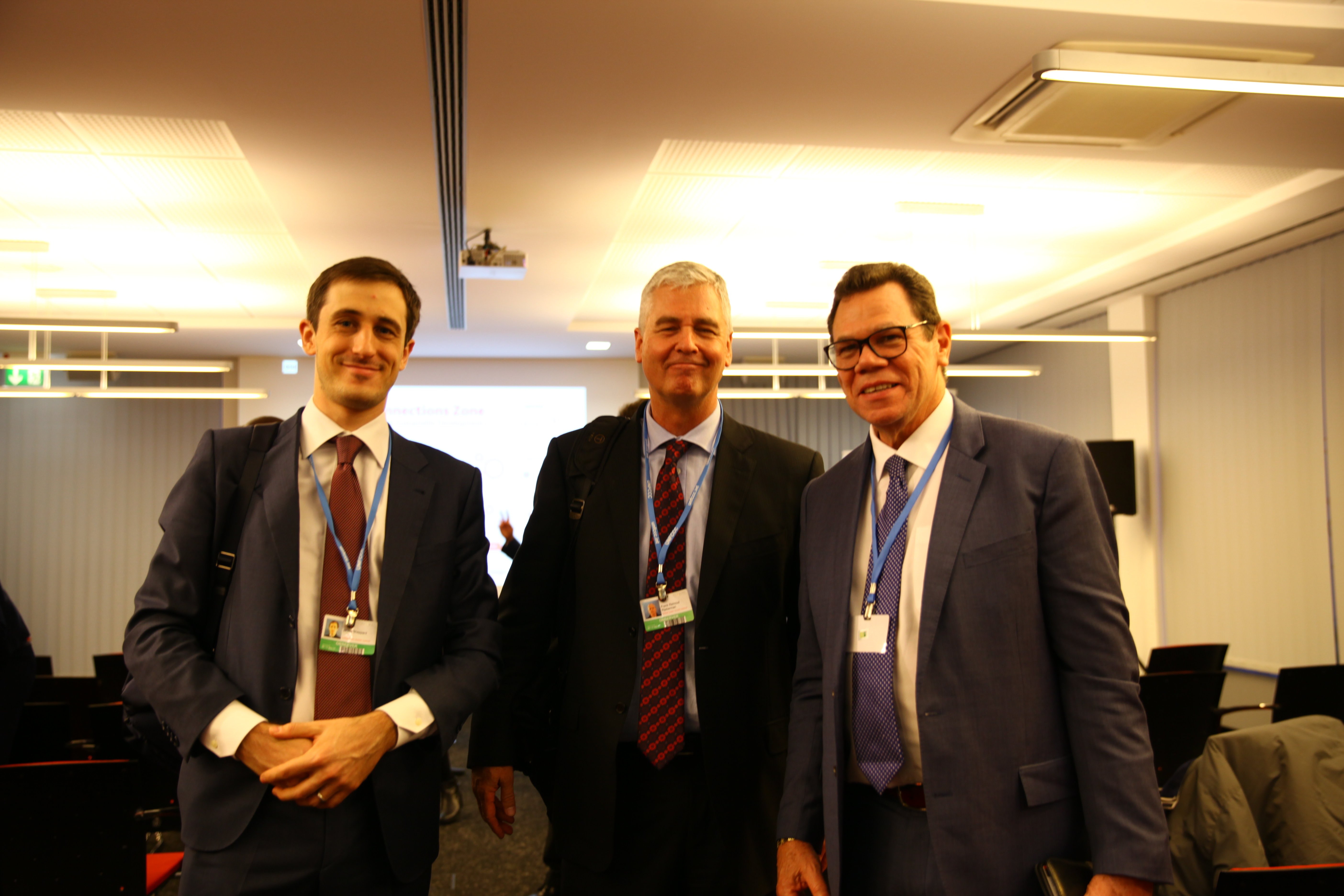CDB President: Protect countries' fiscal stability in shift to clean energy

Two years ago, countries in the Caribbean Region committed to ambitious climate goals under the Paris Agreement. With support from institutions like the Caribbean Development Bank (CDB), many are making progress to mitigate the impact of climate change by beginning to shift to clean energy. However, international organisations that are promoting this transition must also guard against fiscal instability in small island developing states (SIDS).
“In our efforts to help SIDs achieve specific renewable energy and energy efficiency targets, we must be mindful that we do not inadvertently create fiscally unstable situations in these countries. In that regard, CDB has been facilitating the shift to sustainable energy by mobilising appropriately priced resources,” said Dr. Wm. Warren Smith, CDB President, speaking at the United Nations Climate Change Conference (COP23) on November 13 in Bonn, Germany.
At the event, “How SIDS are Planning and Working on Achieving their NDC Targets”, Smith shared examples of partnerships the Bank had formed to mobilise investment grants for geothermal energy development and exploratory drilling in the Caribbean. Given that traditional sources of financing are not ideally suited because of the high upfront cost of drilling to determine production feasibility, these investments had significantly reduced the risks associated with exploiting geothermal energy sources, he noted.
During the past two years, CDB has approved geothermal energy development projects in Grenada; St. Kitts and Nevis; and St. Vincent and the Grenadines. The Bank has signed agreements with partners such as the European Union-Caribbean Investment Facility; the Inter-American Development Bank and the United Kingdom Department for International Development to provide grant funding for these projects.
Geothermal energy has been identified as key to improving energy security in the Caribbean Region, particularly in Eastern Caribbean countries. CDB’s GeoSmart Initiative targets the establishment of up to 60 megawatts of geothermal-energy generating capacity in Dominica; Grenada; St. Kitts and Nevis; Saint Lucia; and St. Vincent and the Grenadines. This is expected to reduce dependence on imported oil across these countries by up to an estimated 722 thousand barrels per year.
These countries, along with others in Region, committed to nationally determined contributions (NDCs) under the Paris Agreement – the targets 164 nations around the world are working to achieve to stop global temperatures from rising 1.5 to 2 degrees Celsius above pre-industrial levels. Governments have also pledged to increase their ability to adapt to the adverse impacts of climate change and foster climate resilience and low greenhouse gas emissions development in the long term.
“The Bank will be maintaining its efforts to support the Caribbean’s focus on implementing mitigation measures to achieve the NDC targets,” Smith told delegates, while explaining how CDB was helping the Region build resilience to external shocks and natural hazard events.
“We will continue to work closely with the Caribbean SIDs and our development partners to find new and innovative ways to respond to this challenge,” the President added.
The event was hosted by the Global Green Growth Institute and Grue & Hornstrup, an engineering firm based in Denmark.